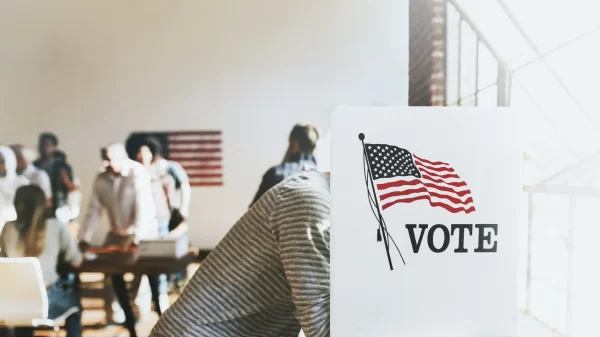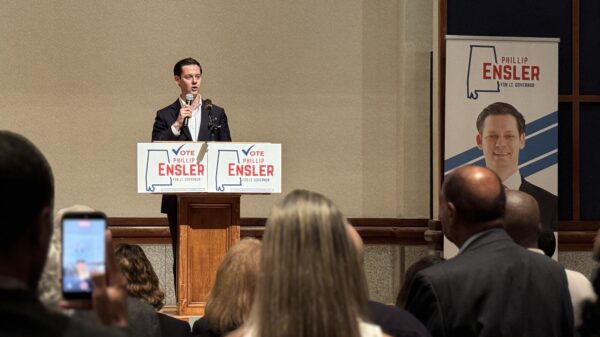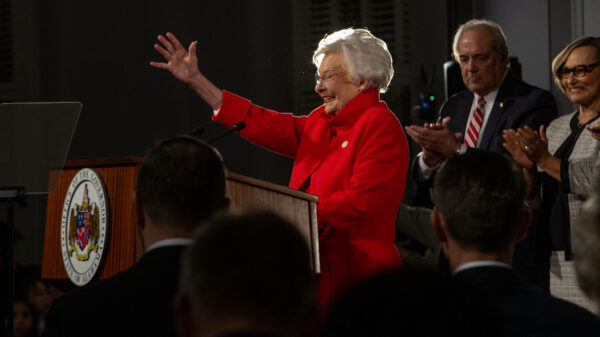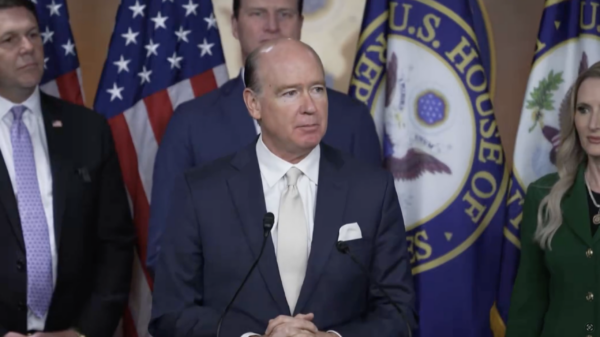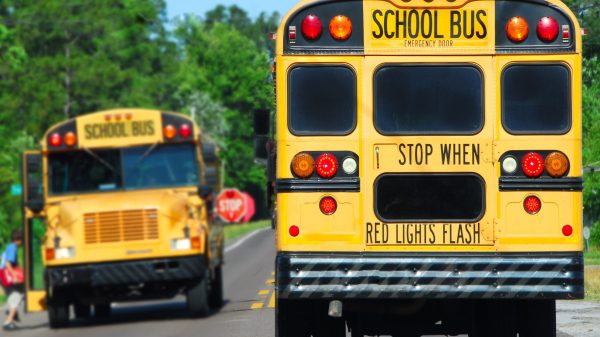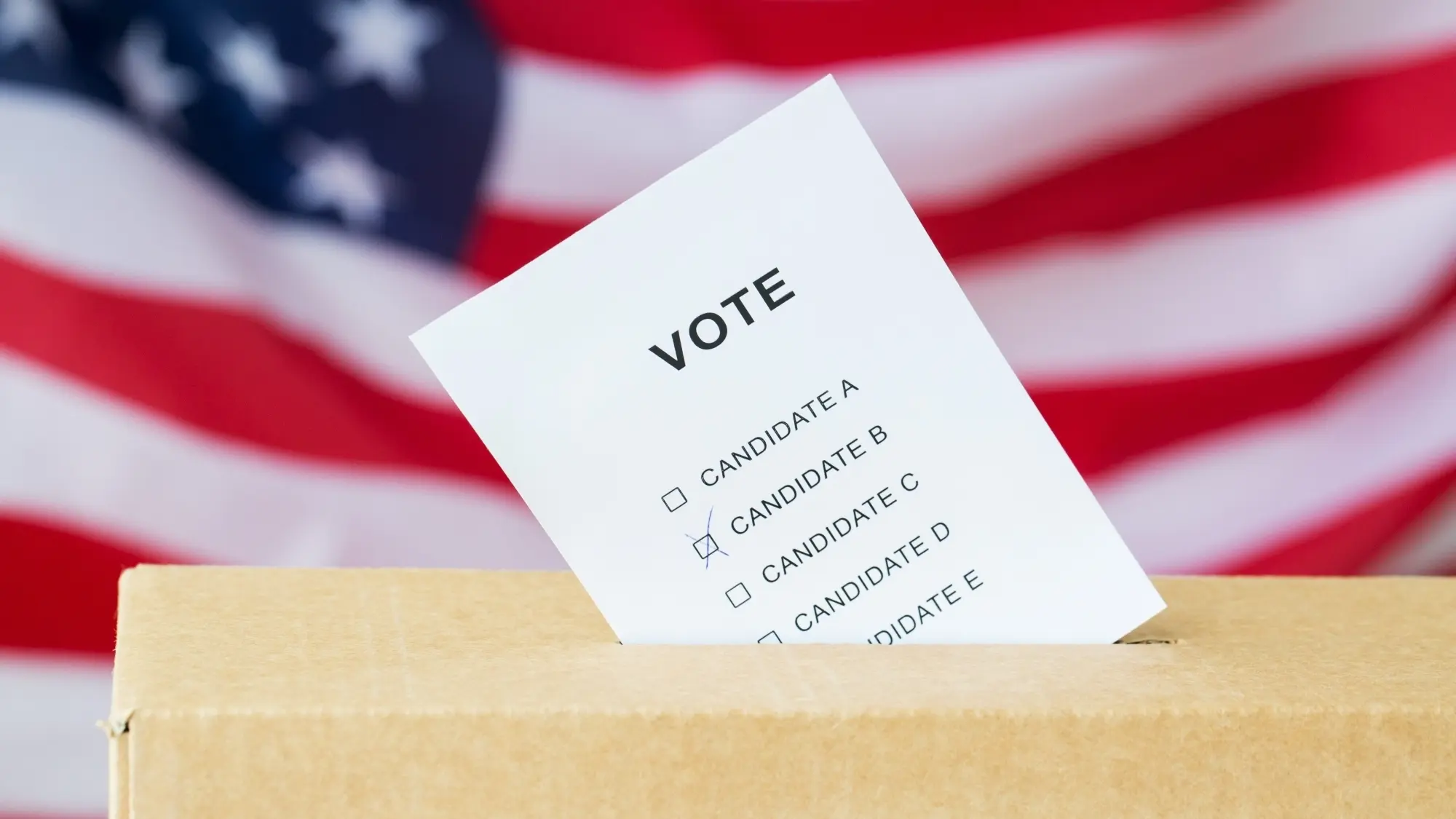List your top three favorite movies. Go on. I’ll wait.
Nice picks I bet. Mine are “West Side Story” (the remake, not the original), “Clue,” and “12 Angry Men.”
Alabama’s politicians don’t believe we can do that. They don’t believe we can do something as simple as order things according to how much we like them.
Well, they must not. Why else would they have banned ranked choice voting?
Ranked choice voting, occasionally called instant runoff voting, is a system where voters rank candidates in order from their first choice to their last choice.
When it comes time to count the votes, the candidate with the fewest first choice votes is eliminated first. Then, the votes from everyone who picked that candidate as their first choice go to their second choices.
Eliminate the least popular candidate still in the running, wash, rinse, and repeat. If a voter’s first and second choices get eliminated, their vote goes to their third choice, and so on. The election ends once a candidate gets over 50 percent of the votes.
That’s it. It’s so simple, it can be explained in under two minutes.
But ask Gov. Kay Ivey and this simple system is “confusing to voters.” That’s why she just had to sign a bill forbidding local governments from adopting ranked-choice voting.
Ask Rep. Mark Shirey, R-Mobile, and it’s a “very confusing, difficult, hard to explain type of voting.” That’s why he had to sponsor that bill in the state House this past session.
Ask Sen. Arthur Orr, R-Decatur, and it’s “terribly confusing.” Well at least I know that Orr is being sincere, because he doesn’t understand ranked choice voting himself, despite sponsoring a bill to ban it.
On the Senate floor, Orr totally flubbed his explanation of ranked choice voting, saying that election administrators in a ranked choice election “take the number value — a third place is not as good as a first place — they add it all up, and then you get the final runoff candidates out of that.”
Sure, election administrators could do that, I guess, but it definitely would not be ranked choice voting. Orr’s description resembles, if anything, the almost completely theoretical Borda count system, not ranked choice.
Is ranked choice voting really all that complicated? It seems simple enough to me. But I’m just one man, and after all, I did make the mistake of getting a degree in political science — maybe John Q. Public sympathizes more with Sen. Orr.
Well, ranked choice voting is already used for elections in Alaska and in Maine, and for local elections in New York City and many other municipalities. If we want to check if Ivey’s right, we can just look at how voters in those places have been faring.
According to a 2024 report from electoral reform organization FairVote on recent elections in New York City, the error rate in a ranked choice election is just about the same as the error rate in a normal election. Apparently up in New York, the system isn’t really all that “confusing to voters.”
And me, personally? Unlike some, I don’t think voters in New York City are any smarter than voters down here in Alabama.
But maybe Gov. Ivey, Rep. Shirey, and Sen. Orr think differently.
Of course, this system is not only just too confusing for the average Alabamian. It also limits your “ability to directly elect the candidate of [your] choice.” So says Gov. Ivey. But does it?
Well, how much ability to elect the candidate of your choice do you have right now?
You see, Alabama is a state full of ruby red and sapphire blue districts. As long as incumbents can win another primary, which isn’t always a given, sure, they’ll pretty much cruise to re-election.
And primaries aren’t exactly the most democratic process. For example, in Alabama in 2022, turnout for primary elections was around 23.4 percent. Turnout for primary runoffs fell to just 12.8 percent.
In most cases here in Alabama, it’s really going to be that 23.4 or 12.8 percent of voters, not the 38.6 percent who voted in the general elections, picking who will be representing everyone else.
Ranked choice voting would let voters actually have a choice in general elections. Instead of deciding whether to offer moral support to a doomed candidate or cosign a five-time incumbent’s sure thing victory, you might get to rank six candidates and have your third favorite win the election thanks to your vote.
In my opinion, letting more people vote on who will actually represent them would be a good thing.
I mean, ranked choice voting wouldn’t make Alabama politics unrecognizable. Even with ranked choice voting, a district packed full of liberals is still going to elect a liberal. A district packed full of conservatives is still going to elect a conservative.
But they might not elect the same liberal or conservative as last election, and politicians here in the Yellowhammer State just can’t have that.
That must be why 74 members of the State House voted to ban ranked choice voting, and why the state Senate unanimously voted to ban it as well.
Unless, of course, the politicians you vote for or against every couple of years really do hold you in such contempt that they think you can’t rank candidates.
You see, one possibility is that Alabama’s politicians aren’t lying and they just despise the voters they are supposed to represent. They think that come Election Day you’d be incapable of ranking candidates instead of just picking one.
The other possibility is that they think you’re so cowed they can protect their Democratic and Republican duopoly by telling you to your face that you’re just too stupid to understand ranked choice voting.
I’m not sure which option I prefer either.
But from now on, I’m going to remember exactly what Alabama’s politicians must think of their supposed constituents whenever I list my favorite films, or watch a video ranking the best episodes of “Frasier.” I suggest you do the same.




